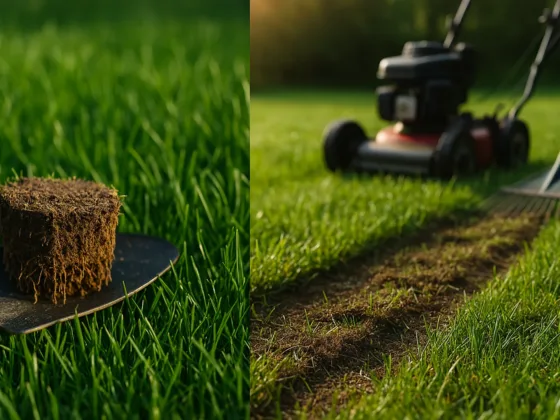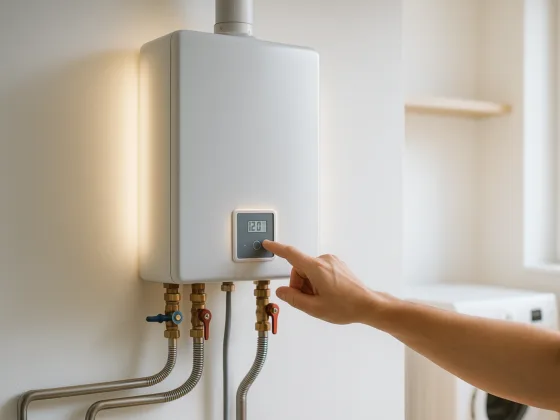Table of Contents Show
An electrical motor is the driving component of machines like air pumps and helps them function well.

However, a malfunction in this critical part of machinery could be devastating for your business, resulting in a long period of downtime and you spending high amounts of money to get it fixed.
This is why you need to have a proper understanding of all the common problems that you could face with an electric motor to keep you well-equipped in case something goes wrong. It also gives your electric motor the best possible chance of achieving its maximum efficiency and service life.
In this article, we’ll go through all the common problems with electric motors along with some solutions to prevent any major damage in the future.
Let’s get started!
1. Vibration
Vibrations could be quite damaging to your motor and might cause premature failure. Now, this issue is often caused by poor placement of your motor, especially when it’s kept on an uneven or unstable surface. It should therefore not be mistaken for the noise from the air pump, which makes a constant sound while working. In case this noise annoys you, try adding some devices to make the air pump quiet.
In some cases, though, vibrations can happen due to other issues with the motor, for example, corrosion or bad alignment. If that’s the reason, you should perform regular checks for vibration in the machine by using a motor analysis tool.
Additionally, make sure that the motor is placed on a stable and flat surface to avoid any additional problems. If your machine still faces vibration issues, you should check for signs of misalignment or lose fittings.
If you still can’t find the cause of the vibration, you should call an expert to help identify and fix the problem.
Read Also:
2. Low Resistance
Low resistance is yet another common reason for failure in electric motors and unfortunately, this is the most difficult to fix.
Due to conditions like overheating, corrosion, or physical damage, the insulation will begin to wind in the motor. This can further result in insufficient isolation of the conductors, causing short circuits, leakages, and at last, motor failure. To avoid this, you need to regularly conduct a check on the insulation and look for signs of wear and tear.
If you notice anything wrong with the insulation, replace it before the motor fails due to low resistance. However, if you’re unsure, it’s always better to consult an expert to help you fix the electrical motor.
3. Overheating
Overheating is often caused due to the electric motor being in an environment with high temperature or poor power quality. This is also the main cause of around 55% of insulation failure in electric motors and you need to be cautious about this while using the machine.
Having high temperatures on your electric motor massively reduces the lifespan of your insulation. Therefore, you need to ensure that you’re keeping the motors as cool as possible. This can be done by using it in a cool environment and by regularly inspecting the temperature of the motor.
4. Contamination in the Motor
Electric motors are often used in an environment with a lot of dust, dirt, and chemicals. These things can find their way inside the machine and can lead to contamination and motor failure.
Moreover, these contaminants can cause dents to various parts of the motor, leading to an unhealthy amount of vibration and wear and tear. It might also cause blockages in the cooling fan, which can increase the chances of the motor overheating.
To avoid any chances of contamination, you need to make sure that the work area, tools, and machines are kept as clean as possible at all times. Additionally, make sure that you position your motors away from machines like grinders that produce large amounts of contaminators.
To Sum Up
Electric motors play an important role in the functioning of machines in various industries and they can cause several issues if you don’t maintain them properly.
Now that you know about the most common problems you can face, take measures to ensure that it doesn’t happen to you.
You also need to conduct regular inspections to reduce the risk of premature failure in your electric motor. However, if you’re in doubt about its condition, don’t hesitate to contact a specialist to investigate the problem further.









